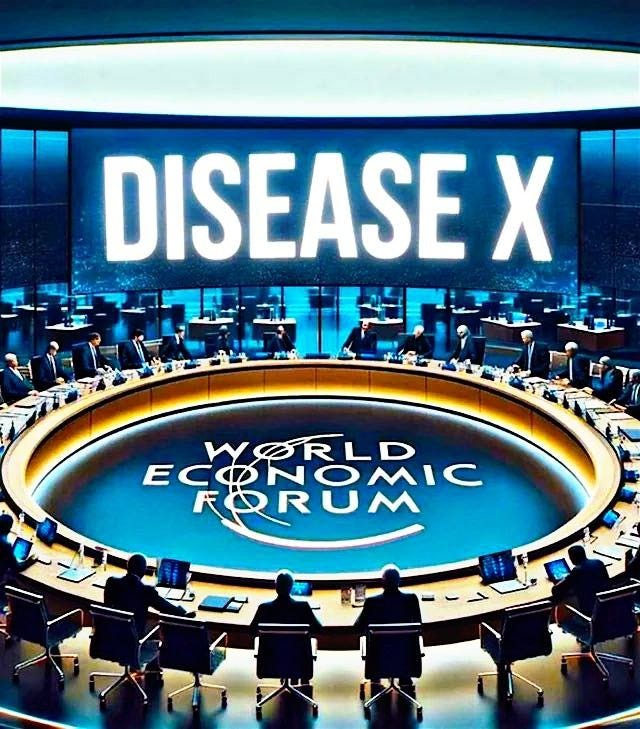According to Dr. Tedros Adhanom Ghebreyesus, the World Health Organization Director-General, “the next pandemic is a matter of when and not if.”
On the WEF panel on “Preparing for Disease X,” Dr Tedros said, "To have better preparedness and to address disease X, we have a Pandemic Agreement. The Pandemic Agreement can bring all the experience and all the challenges we have faced all in one... This is a common global interest, and very narrow national interest should not come in the way. Of course, national interest is natural, but it is the NARROW national interest that can be difficult and affecting the negotiations as we speak.”
The question that comes to mind is, what narrow national interest is he talking about? Would that be what many critics of the Pandemic Agreement say is the biggest issue, the member states’ sovereignty?
According to Article 3 of the Pandemic Agreement draft on Sovereignty: “States have, in accordance with the charter of the United Nations and the general principles of international law, the sovereign right to legislate and to implement legislation in pursuance of their health policies.” The specific language in this article fails to address the WHO's assumption of sovereignty for health matters over states through this treaty.
When combined with the Amendments to the International Health Regulation (IHR), the Pandemic Agreement constitutes a global power grab by the WHO. For example, if the Director General declares a Public Health Emergency of International Concern (PHEIC) according to Article 18 of Amendments to IHR, the Director General would be able to call for travel restrictions, require medical examinations, vaccinations or other prophylaxis, implement quarantine, isolation, and treatment of affected persons, require proof of vaccinations, close borders, etc.
The language in Article 1 changed from recommendations to obligations by taking out the “non-binding’ wording.
These are just minimal examples of that little pesky “narrow national concern” Dr Tedros discusses. Watching the signaling coming out of the WEF 2024 talks is essential. There is a concentrated effort to discuss emerging possible diseases that are 20 times deadlier, according to their experts. But is it so, or are they using fear propaganda to pressure the member states to vote for the Pandemic Agreement and the Amendments to IHR in May 2024?
While all the eyes are on Davos, we must continue raising awareness about the dangers of these talks and legal instruments through which these supranational agencies attempt to control our way of life. Enough is enough.





